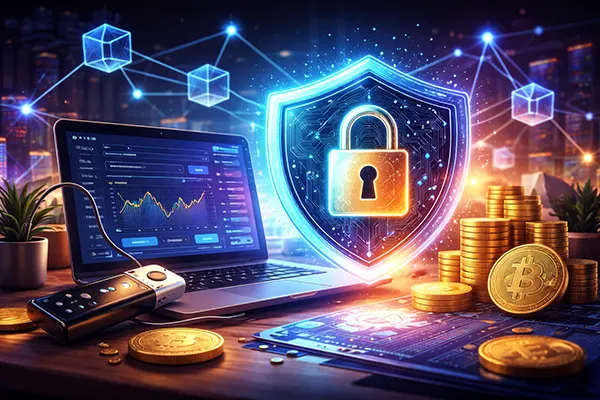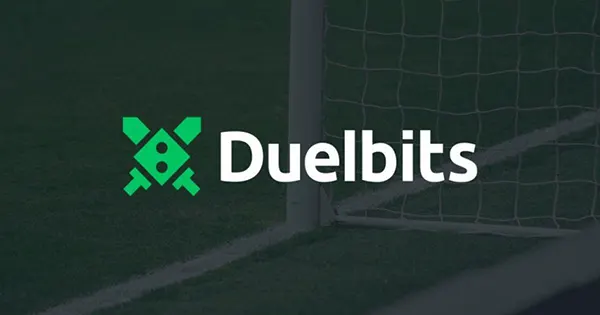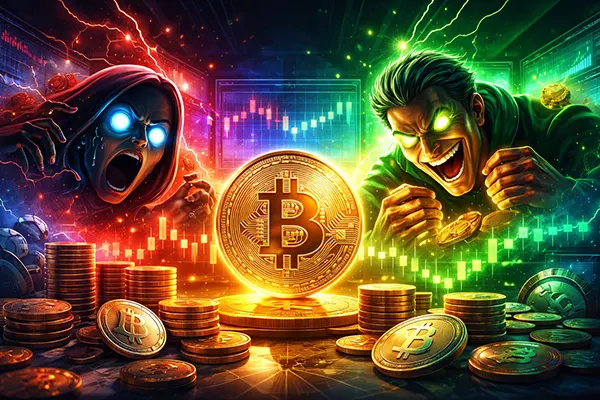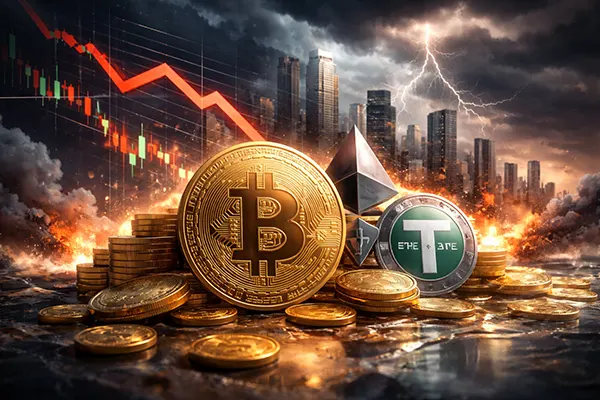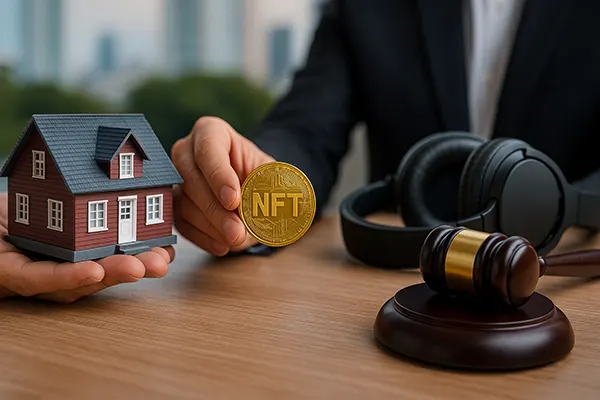
Real-World Use Cases of NFTs in Real Estate, Music, and Copyrights
Non-Fungible Tokens (NFTs) have evolved far beyond the early days of digital art and collectibles. By 2025, their use in real-world industries like real estate, music, and intellectual property protection has become not only practical but transformative. These tokens have created new ways to prove ownership, manage royalties, and trade assets in secure, transparent environments powered by blockchain technology.
How NFTs Are Revolutionising Real Estate Transactions
Real estate has become one of the most compelling sectors for NFT integration. By tokenising property titles, owners can transfer ownership through secure blockchain-based contracts without intermediaries. This reduces costs, speeds up verification, and ensures that every transaction is transparent and tamper-proof. NFT-backed titles are now being piloted in countries such as the United States, the United Arab Emirates, and the United Kingdom.
In 2025, several real estate firms in London and Dubai began tokenising luxury properties, allowing fractional ownership through NFTs. Investors can now buy a portion of a building by acquiring a digital token that represents a share in the asset. This innovation has lowered entry barriers and attracted a younger demographic of investors looking for diversification beyond traditional markets.
Furthermore, NFTs simplify due diligence. Property records stored on blockchain prevent fraud and clarify ownership history. The process eliminates the need for manual checks, often taking weeks in conventional systems, and replaces them with instant verification through smart contracts. This is particularly valuable in international property deals, where differing legal systems once made cross-border transactions slow and costly.
Challenges and Future Trends in Real Estate NFTs
Despite their potential, NFT applications in real estate still face legal and regulatory hurdles. Land registry systems in most countries have not yet integrated blockchain technology fully. Legal frameworks need to define how NFT property ownership interacts with traditional deeds and government registries.
However, experts predict that within the next few years, hybrid systems will emerge. These will combine blockchain verification with official government-backed databases, ensuring both compliance and efficiency. As governments modernise land ownership systems, NFTs may soon become the global standard for digital property titles.
Security remains a major concern. While blockchain is resistant to tampering, the storage of private keys is still a weak link. Educating users about safe custody solutions will be essential to ensure NFTs are not lost or stolen. Nevertheless, the trajectory clearly points toward large-scale adoption in the real estate industry.
NFTs and Music Industry Transformation
The music industry has embraced NFTs as a tool for empowering artists and rethinking ownership. NFTs allow musicians to release songs, albums, or exclusive experiences directly to fans, bypassing traditional intermediaries such as record labels and streaming platforms. In 2025, several global stars, including Grimes and Kings of Leon, continue to sell limited NFT editions of their music and merchandise.
One of the most significant changes brought by NFTs is the automation of royalty payments. Smart contracts ensure that every time a track is streamed, sold, or remixed, revenue is distributed automatically to all contributors—songwriters, producers, and artists—without delay. This transparency has made revenue sharing fairer and more accurate.
Fans benefit as well, gaining verifiable ownership of music assets and sometimes participating in artist governance through NFT-based fan clubs. NFT tickets for concerts have also eliminated counterfeiting and resale scams, creating safer and more direct artist-to-fan relationships.
Real-World Examples of NFT Success in Music
In 2024, Warner Music Group launched a blockchain-based NFT division to support independent artists. This move has allowed smaller musicians to monetise their fanbases effectively by offering limited digital collectibles and exclusive access experiences. The success of these models has continued into 2025, reshaping how artists fund projects.
Additionally, decentralised music platforms such as Audius and Royal have strengthened their market presence by offering blockchain-verified ownership rights. These systems give creators full control over their work while enabling transparent streaming data and payments.
As NFTs continue to redefine value exchange in music, the industry moves closer to a more decentralised and equitable model. This empowers both creators and fans to interact in an ecosystem that values transparency and fairness over corporate dominance.
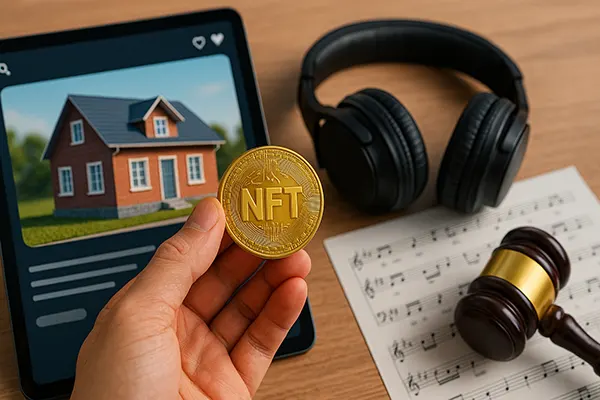
Protecting Copyrights and Intellectual Property with NFTs
Beyond real estate and music, NFTs are revolutionising intellectual property (IP) management. Artists, writers, and digital creators now use NFTs to timestamp and verify their works, providing immutable proof of ownership. This ensures creators can defend their rights in disputes and simplifies licensing procedures for companies wishing to use protected materials.
For instance, in 2025, publishing companies and film studios increasingly rely on blockchain registries to validate creative rights before acquisition. This trend reduces plagiarism, ensures fair attribution, and streamlines global licensing. An NFT representing a script or artwork provides an unalterable record of its origin and creator.
Legal firms specialising in intellectual property now incorporate blockchain verification in copyright registration processes. This innovation has significantly improved dispute resolution efficiency, as proof of creation is stored on-chain and cannot be modified retroactively. NFTs thus enhance both security and accountability in the creative industries.
Future of NFTs in Intellectual Property Protection
Experts believe that NFTs will soon be integrated into international copyright law frameworks. Organisations such as the World Intellectual Property Organization (WIPO) are exploring blockchain-based mechanisms for verifying authorship and licensing. These initiatives aim to harmonise global standards and recognise NFT-backed rights in legal contexts.
Furthermore, AI-generated art and writing have created new challenges for copyright law. NFTs are now being used to distinguish between human and AI-generated content, adding clarity in a rapidly evolving creative landscape. This is particularly important for platforms managing digital art, media, and educational materials.
As more industries adopt NFTs for intellectual property protection, their function will shift from innovation to necessity. What began as a digital trend is becoming an essential infrastructure for verifying and managing creative ownership worldwide.

